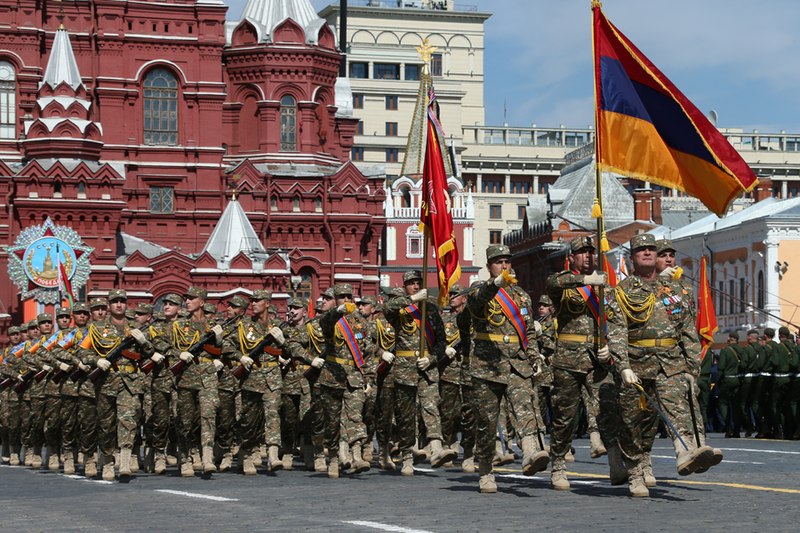Looking Beyond Armenia's Defeat in Nagorno-Karabakh
By Robert M. Cutler
December 7, 2020, the CACI Analyst
After over 25 years of diplomatic stalemate, notwithstanding the efforts of the Organization for Security and Cooperation in Europe (OSCE), and declarations on all sides that “there is no military solution” to the Karabakh conflict, Azerbaijan has successfully implemented a military solution and taken territorial control of almost all of its lands occupied by Armenian forces in the early 1990s. The event not only inaugurates a new era of international security in the South Caucasus. It actually opens the door to improved relations between the two countries, if realistic approaches based on their inevitable cohabitation of the neighborhood can be found.
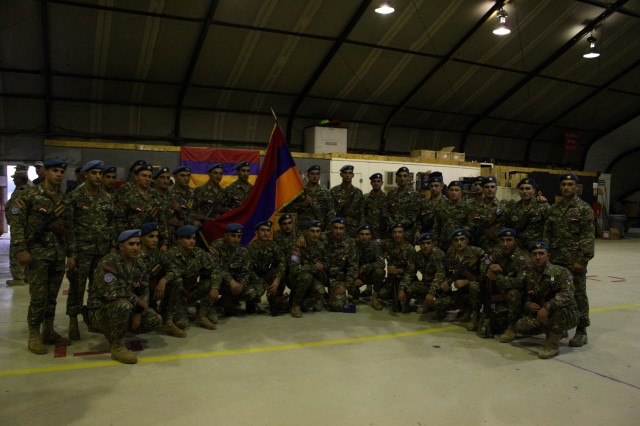
War in Nagorno-Karabakh Requires a Russian Balancing Act
By Nurlan Aliyev
November 10, 2020, the CACI Analyst
From early November, Russia’s President Vladimir Putin conducted telephone conversations with the leaders of Armenia and Azerbaijan, thoroughly discussing the settlement of the Nagorno-Karabakh conflict and reaching a truce on November 9. Both countries have criticized Moscow’s position on the current war. Russia has been a security guarantor for Armenia since the 1990s and has more recently become a strategic partner of Azerbaijan. Moscow’s position has raised the question of whether Russia struggles to balance its relations with a strategic ally and a strategic partner, or if the Kremlin’s reluctance to become involved signals a change in policy regarding the former Soviet republics.
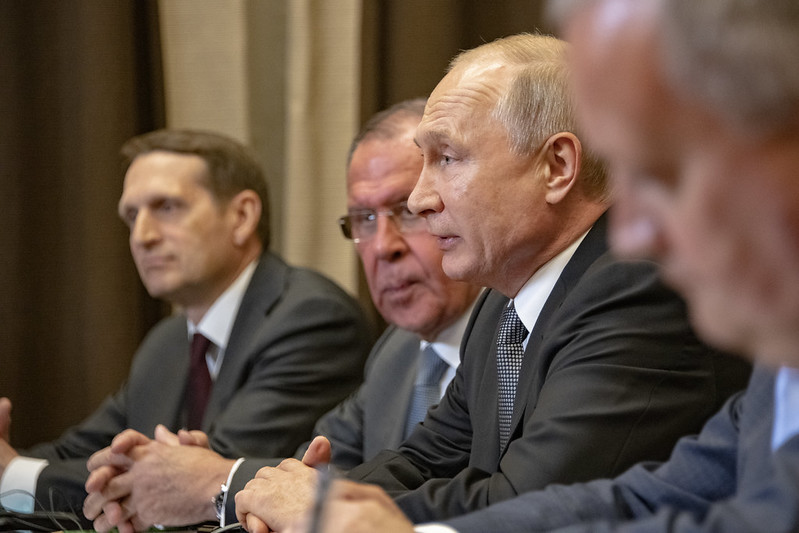
Fighting in Nagorno-Karabakh Rages Despite Ceasefires
By Emil A. Souleimanov and Huseyn Aliyev
October 22, 2020, the CACI Analyst
The ongoing conflict in Nagorno-Karabakh saw a number of dramatic developments over the past couple of weeks. Most notably, Azerbaijani forces proved able to breach through Armenian defenses in the south, resulting in Azerbaijan’s rapid advance into both the Nagorno-Karabakh region and adjacent Armenian-controlled territories in the “buffer zone.” This battlefield transformation will likely affect the balance of power on the ground and influence Baku’s willingness and Yerevan’s capacity to negotiate a peaceful settlement. Recent developments on the frontlines will also affect Russia’s and Turkey’s positions and roles in the conflict and the South Caucasus.
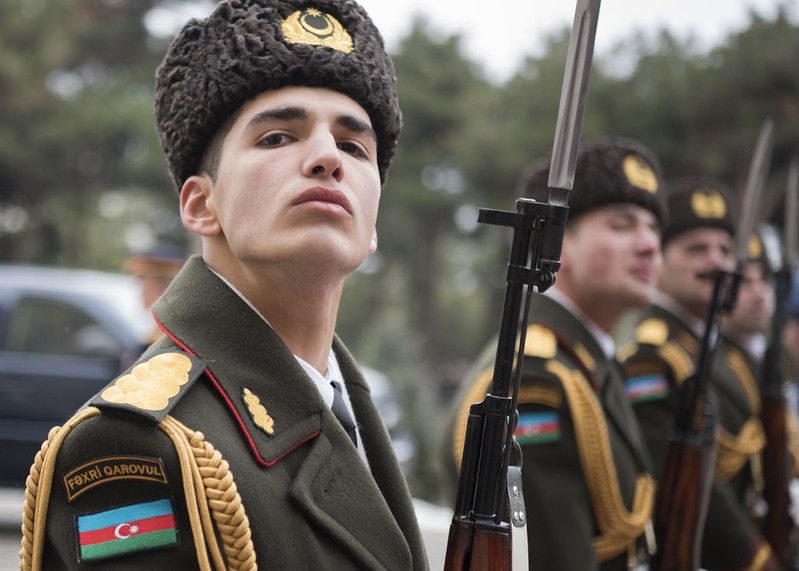
Cross-Border Escalation between Armenia and Azerbaijan
By Natalia Konarzewska
September 25, 2020, the CACI Analyst
On July 12, clashes broke out between the armed forces of Armenia and Azerbaijan along the northern section of their internationally recognized border. The skirmishes receded after July 16 but armed incidents at the border still occurred throughout July and August. The July confrontation, resulting in over a dozen military and civilian deaths and the destruction of infrastructure on both sides of the border, is regarded as the most serious since the Four Day War between Armenia and Azerbaijan in April 2016. The conflict also sparked unprecedented interethnic clashes between Armenian and Azerbaijani diasporas across the world.
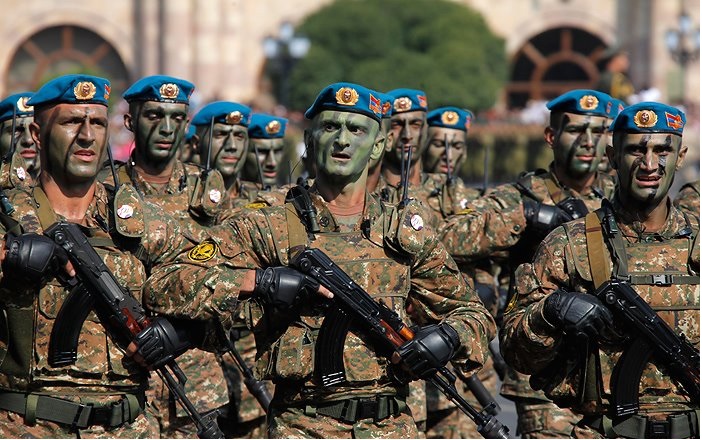
Russia and Turkey: Behind the Armenia-Azerbaijan Clashes?
By Avinoam Idan
August 31, 2020, the CACI Analyst
The violent gunfire that erupted between Armenia and Azerbaijan in July appears to have no connection with the ongoing conflict over the Nagorno-Karabakh region. This event took place far from Nagorno-Karabakh, in the Tovuz region. The strategic importance of the Tovuz region is its location on the energy export pipelines route from the Caspian Sea to Turkey and Western markets. It would seem that the players involved here are none other than Russia and Turkey, in active conflict vis-a-vis the war in Libya. The gunfire can be interpreted as a Russian message to Turkey, regarding its energy supply security from the Caspian Sea. If so, this is not the first time Russia has used Armenia to further its interests in the region.
